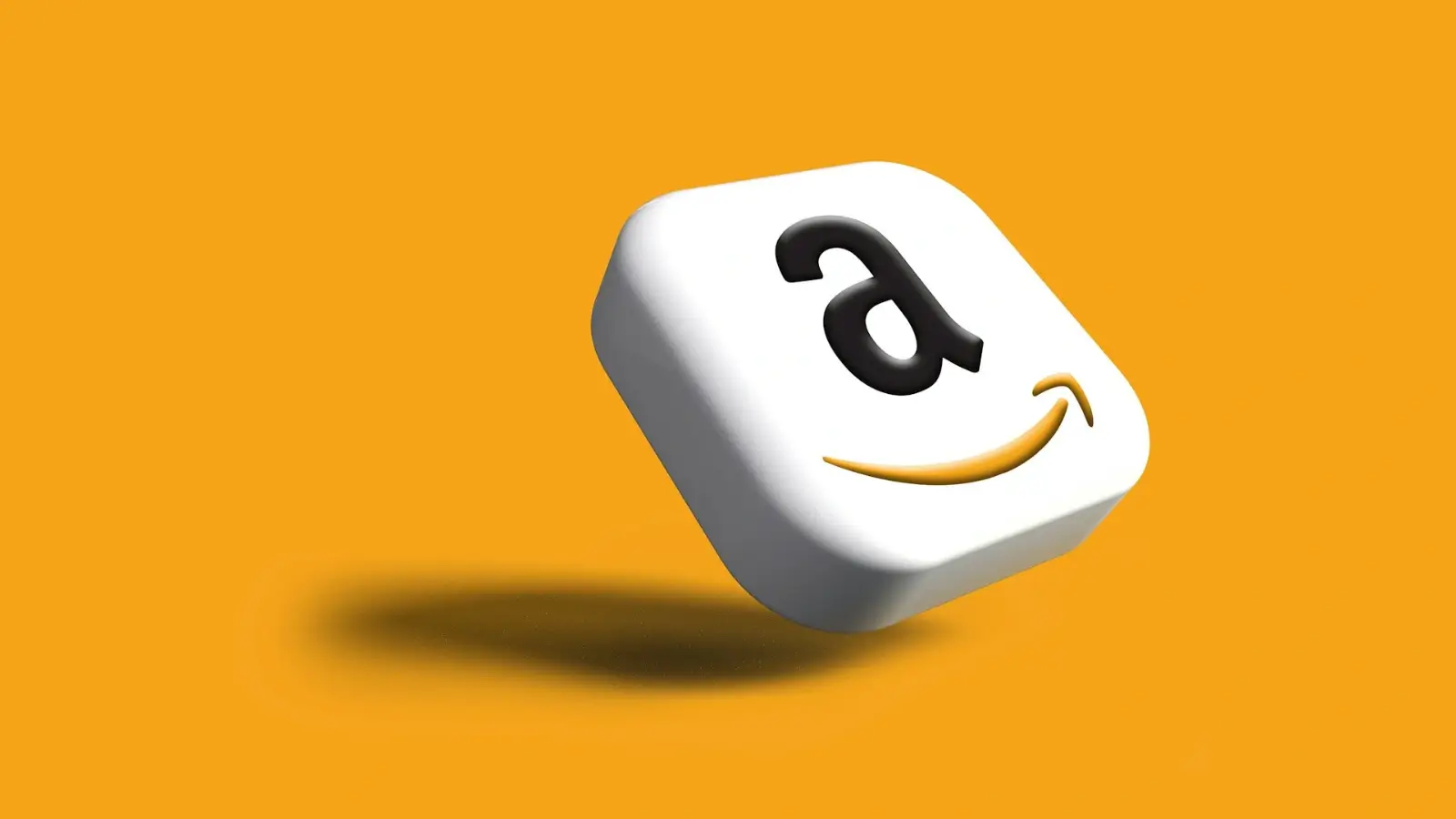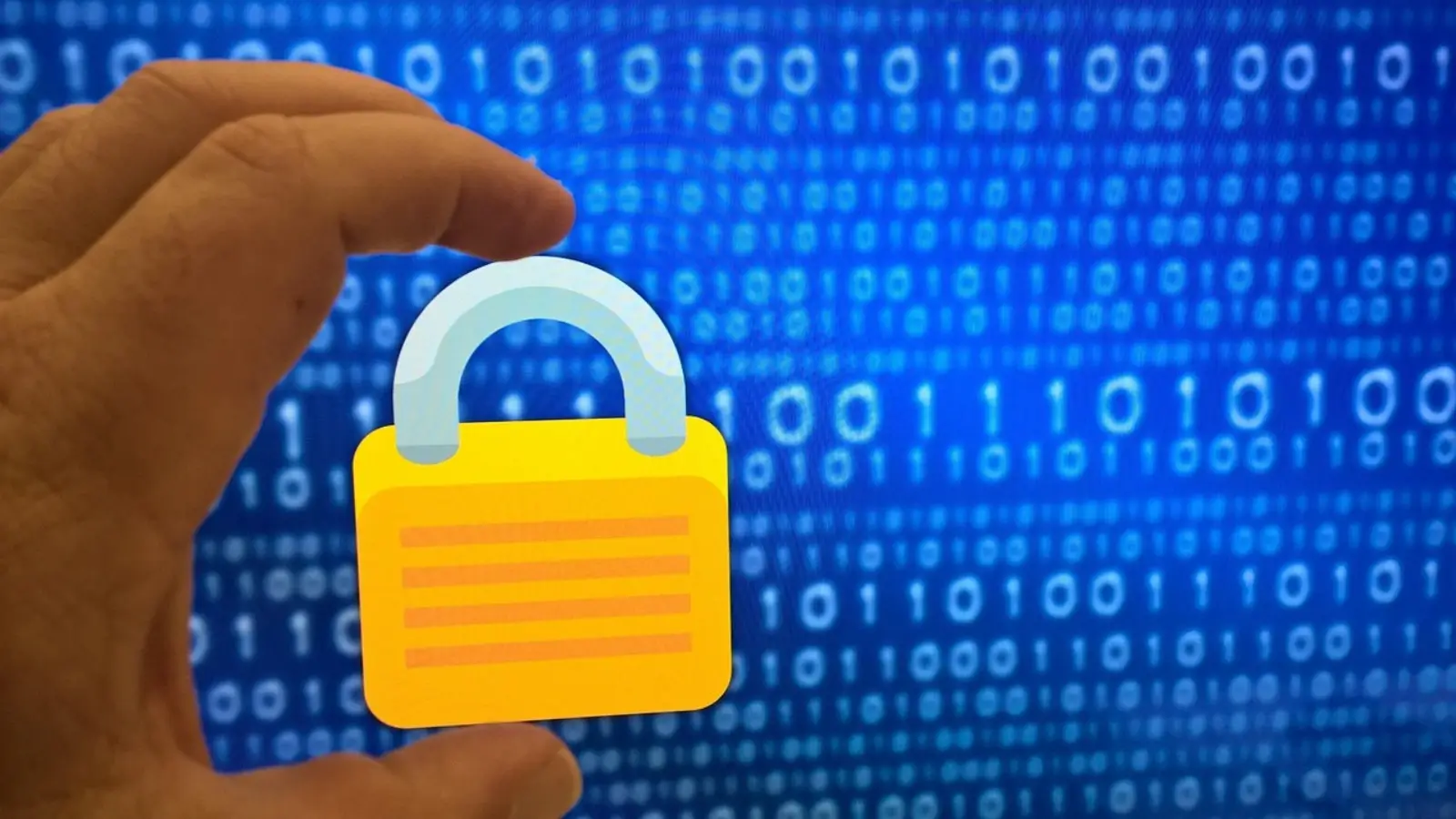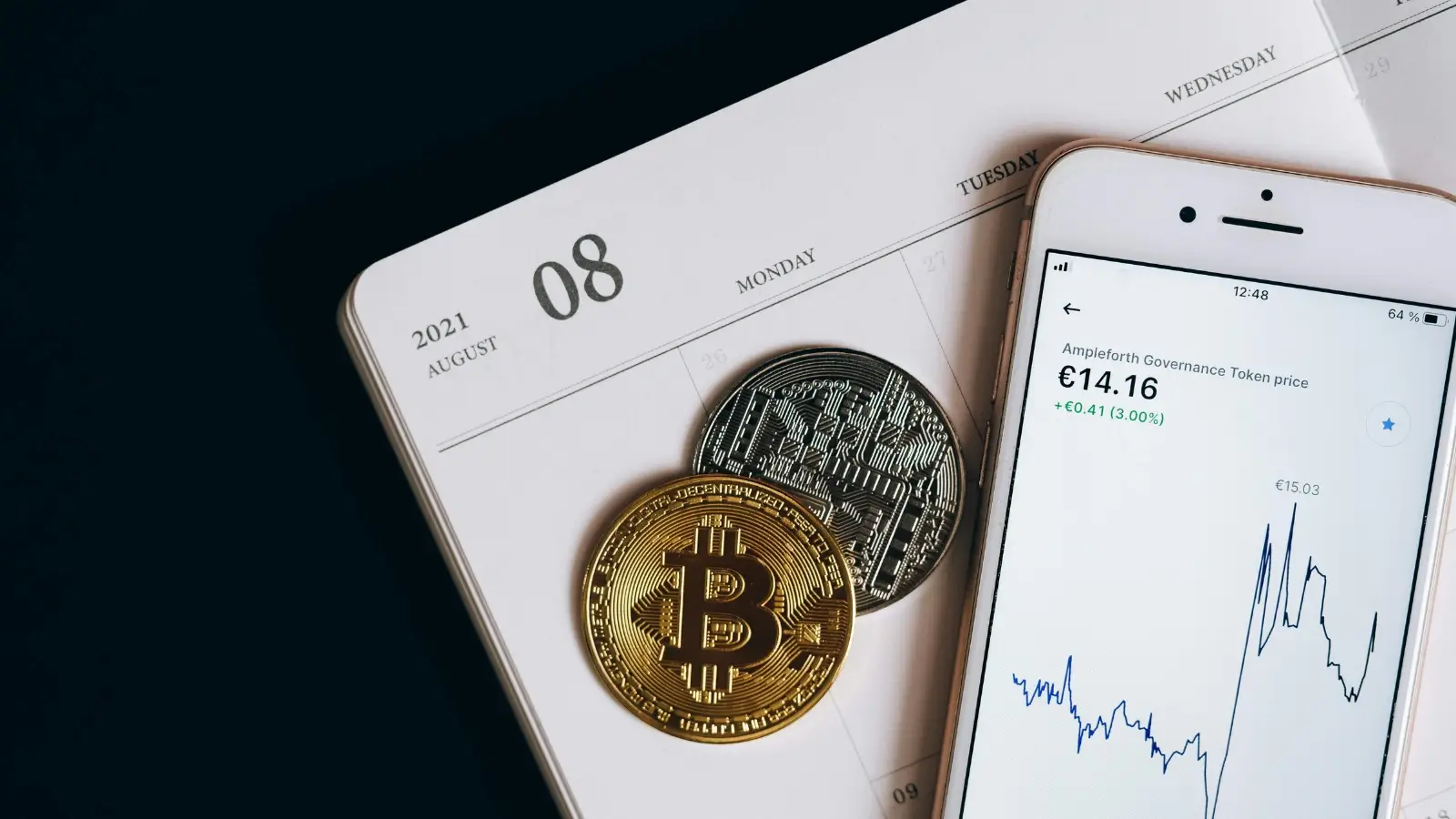How Does Fractional Ownership in Real Estate Tokenization Lower Entry Barriers for Retail Investors?
— Fractional ownership through tokenization lowers entry barriers, increases liquidity, and democratizes global property investment.
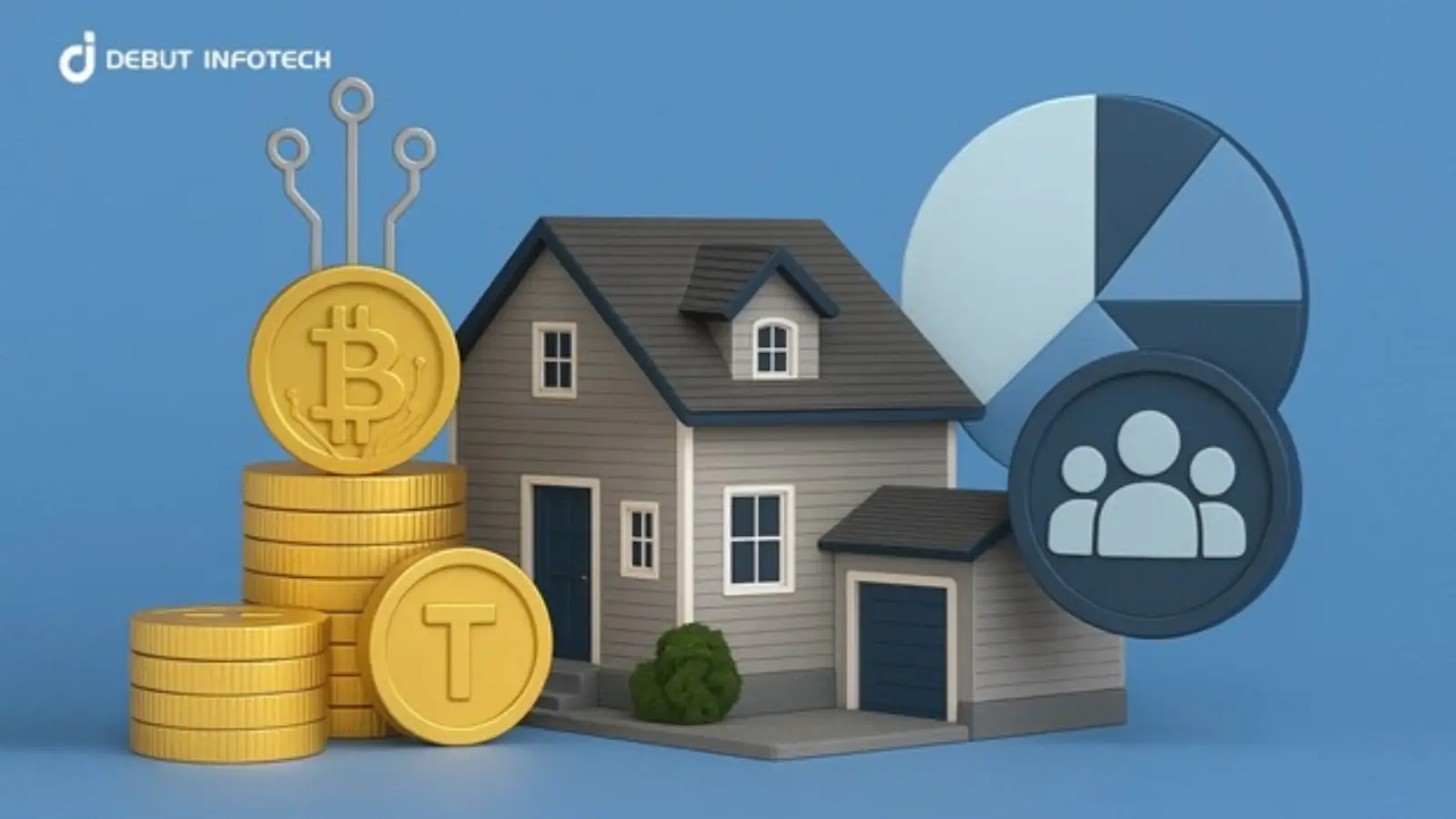
To most investors, the thought of venturing into the real estate market has been evasive--until now. In real estate tokenization, physical property assets are transformed into digital tokens using blockchain technology, enabling many investors to hold fractional ownership of the same asset. Fractional ownership also allows people who previously faced high entry barriers to purchase smaller portions of high-quality properties that have historically been accessible only to institutions.
This change is fuelled by advances in smart contracts, digital wallets, and tokenized assets, which, combined, make property investment democratic. As the model gains momentum, it is empowering investment diversification, opening new avenues into global real estate markets, and developing additional ways for investors to engage in this property fractionalization. This article explains why fractional ownership facilitated through tokenization reduces barriers, how it works in practice, its advantages and disadvantages, and why companies that collaborate with the right asset tokenization development firm, such as Debut Infotech, will be on the leading edge.
Understanding Fractional Ownership and Tokenization
Fractional ownership means that many investors share ownership rights in a single property. Instead of buying an entire unit, an investor might purchase 5%, 10%, or 1% of a building. This is similar to traditional models like timeshares or Tokenized Real Estate Investment Trusts (REITs), but with far greater flexibility and transferability.
How Tokenization Enables Fractional Ownership
In the tokenization strategy, each share of the property is represented as a digital token—often a security token—issued on a blockchain. These tokens live on an asset tokenization platform, and each token represents a portion of ownership, rental income rights, or resale profit. Using smart contracts, rules are coded around income distribution, ownership transfer, and governance. Platforms leverage digital wallets to store and trade these tokens, making fractional property investment accessible to users worldwide.
Why Fractional Ownership Lowers Entry Barriers
Fractional tokenization drops the minimum investment required to participate in real estate. A property worth millions can be split into thousands of tokens, each worth a fraction of the value. This dramatically reduces the ticket size, allowing retail investors to participate with smaller capital in a market once dominated by institutions. The transparency afforded by blockchain technology enhances trust and invites broader participation.
The Mechanics of Tokenized Property Platforms
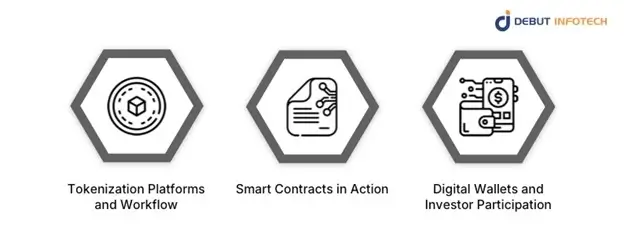
To understand how real estate tokenization works, it's essential to see the underlying structure that powers it. Tokenized property platforms use blockchain to digitize ownership, automate transactions, and ensure secure participation for investors.
Tokenization Platforms and Workflow
A typical tokenized property platform works like this: first, a property is selected and valued. Next, a legal entity (often a special purpose vehicle) is created to hold the asset. Then, tokens are issued on a blockchain (for example, ERC-20 or another token standard) representing ownership shares. Investors purchase these tokens and hold them in wallets. Smart contracts automate processes such as rental income distribution. Secondary trading is often enabled to provide liquidity.
Smart Contracts in Action
With smart contracts, investors receive income or dividends proportional to their token holdings, without manual intervention. For example, rental income from a tokenized building is automatically distributed to token holders based on their share. Smart contracts also enforce governance rules, restrict transfers, and ensure compliance—making them a key driver of the tokenization model.
Digital Wallets and Investor Participation
Digital wallets enable investors to securely hold their tokens and manage their fractional ownership. Because the tokens exist on a blockchain, ownership records are immutable and transparent. This setup also simplifies investor onboarding, allowing new participants to invest online, often with much lower friction than traditional real estate purchase pathways.
Lowered Barriers: Cost, Access & Liquidity
Fractional ownership doesn't just make investing easier—it transforms the economics of real estate participation. Tokenization minimizes capital requirements, opens global access, and boosts liquidity across traditionally illiquid property markets.
Reduced Cost of Entry
Tokenization drastically reduces the minimum capital required to invest in real estate. Instead of needing tens or hundreds of thousands of dollars to buy a whole property, investors can purchase token shares for as little as a few hundred or thousand dollars. This makes real estate accessible to retail and middle-market investors.
Access to Global Real Estate Markets
Fractional tokenization allows retail investors to participate in global real estate markets without being confined by geography. A residential complex in one country and a commercial building in another can both be tokenized and accessible through digital platforms. This global reach democratizes property investment and enables diversification.
Enhanced Asset Liquidity
Historically, real estate has been an illiquid asset: selling a property takes time, costs money, and involves intermediaries. With tokenized assets, fractional ownership can be traded on digital exchanges or secondary markets, creating asset liquidity pools. Investors gain flexibility and can exit positions more readily than in traditional real estate.
Benefits for Investors and Asset Owners
Benefits for Retail Investors
- Diversification: Retail investors can spread their capital across multiple properties rather than placing all funds in a single asset.
- Access: With fractional shares, more people can access premium properties that were previously out of reach due to high cost.
- Passive Income Streams: Token holders can receive ongoing income (e.g., rent) and benefit from the appreciation of the underlying asset.
- Transparency and Reduced Costs: The use of blockchain reduces intermediaries, lowers transaction fees, and increases clarity around ownership and income distribution.
Benefits for Property Owners and Developers
Developers can tap broader investor pools and raise capital more efficiently from retail investors via token issuance. Owners can shorten fundraising timelines and unlock new funding mixes through tokenization companies and platforms. They also benefit from automated governance and income distribution via smart contracts, reducing operational overhead.
Regulatory Compliance and Smart Contract Governance
Compliance and governance are essential pillars of any tokenized ecosystem. With blockchain's transparency and smart contracts' automation, tokenized assets can maintain legal validity while ensuring fair and secure participation by investors.
Navigating Regulatory Frameworks
One of the critical pieces for success in tokenization is adhering to regulatory frameworks for tokenized assets. Tokens representing property shares often qualify as securities, meaning platforms must comply with securities laws, KYC/AML regulations, and investor protections. Regulatory compliance ensures legitimacy and reduces risk for investors and service providers alike.
Governance via Smart Contracts
Smart contracts embed governance rules—such as transfer restrictions, voting rights, and dividend gates—directly into token logic. This programmable compliance ensures that operations align with legal and internal rules while maintaining transparency and trust. Combined with blockchain's immutable ledger, this governance model strengthens investor confidence and regulatory compliance.
Real-World Applications and Use Cases
Real estate tokenization is transforming how investors engage with property assets, making global participation more accessible and efficient.
- Tokenized REITs: Tokenized Real Estate Investment Trusts allow investors to own digital shares in property portfolios and earn income directly through blockchain-enabled transactions.
- Fractional Ownership Success: Platforms that use tokenization let investors buy fractional shares of property—sometimes as little as a few hundred dollars—expanding access to premium assets worldwide.
- Automated Income Streams: Smart contracts automatically distribute rental or lease income to token holders through digital wallets, ensuring transparency and eliminating manual processing.
Implementation Considerations for Tokenization Strategy
Before diving into tokenization, businesses must carefully plan their technical, legal, and operational strategies. Selecting the proper blockchain infrastructure and development partner ensures scalability and long-term success.
Choosing the Right Platform and Partner
Selecting an asset tokenization development company or a tokenization platform provider is crucial. Service providers should offer full-spectrum solutions, including legal structuring, token issuance, smart contract development, platform integration, and secondary market support. Many projects also adopt a white label tokenization platform for faster rollout and branding flexibility.
Understanding Blockchain Technology Requirements
Technical design is central: choosing the correct blockchain, implementing smart contracts, ensuring integration with real-world asset systems, and connecting ownership through digital wallets. The efficiency of tokenization depends on the robustness of the blockchain infrastructure and its ability to support token flows and compliance logic.
Cost and Scalability
It’s essential to consider the blockchain development cost of launching tokenized assets—from legal structuring and engineering to compliance and platform operations. Partners skilled in building scalable systems will help manage expenses while enabling growth, ensuring your tokenization strategy remains sustainable as adoption expands.
How Debut Infotech Can Assist With Your Tokenization Journey
At Debut Infotech, we offer end-to-end expertise in real-world asset tokenization, enabling you to design, develop, and deploy tokenized real estate solutions that open investment access and unlock value. As an asset tokenization development company, we provide:
- Fractional ownership models and tokenized asset issuance, enabling property fractionalization and opening your offering to retail investors.
- Smart contract creation and blockchain technology integration across trusted platforms, ensuring compliant and efficient operations
- Integration of digital wallets and secondary market mechanisms to support investor liquidity and enhance accessibility.
- Advisory on regulatory compliance, tokenization strategy, and platform design, helping you structure tokenization platforms aligned with legal and market requirements.
- Support in creating Tokenized Real Estate Investment Trusts (REITs) via blockchain, enabling broader investor participation and smoother income stream distribution.
With our comprehensive blockchain development services, Debut Infotech acts as your strategic partner—guiding you from concept through to launch and ongoing growth in the tokenized property space.
Conclusion
Fractional ownership through real estate tokenization is transforming property investment by lowering entry barriers, improving liquidity, and opening global access. Through blockchain technology, smart contracts, and regulatory alignment, investors can participate in high-value assets with reduced risk and greater transparency.
Debut Infotech helps businesses and investors embrace this shift with robust asset tokenization platforms and customized development services. By combining technical expertise and regulatory insight, Debut Infotech ensures seamless adoption of tokenized real estate solutions that redefine how assets are owned, traded, and managed in the digital era.








